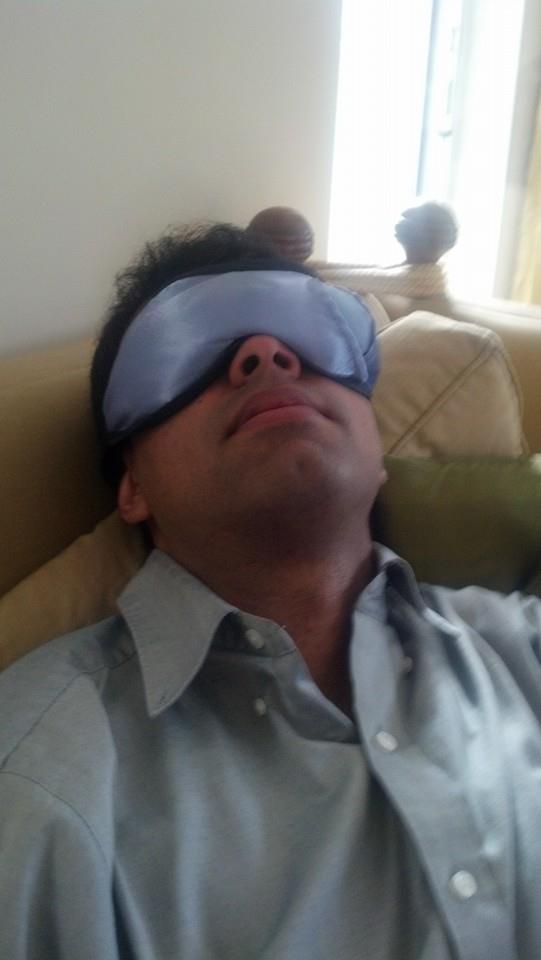Isn’t it odd that so many young people find it necessary to compromise their health to get ahead and make money, only to spend that money to restore their health once they grow older? Of all the social ills and imbalances that percolate in today’s world, this one is the most perplexing for me to absorb. And, whenever anyone cites the CDC stat that over 75% of healthcare costs in the U.S. are caused by chronic conditions that are largely preventable, all I can think of is the urgent need to re-frame this all-important relationship between taking care of your health and making money.
Overwork and burnout are at the core of it all: unhealthy, misguided behaviors that have been pumped into the cultural bloodstream as badges of honor, but which actually run the risk of ruining careers and lives. Like so many young people, I can attest to the physical, mental and emotional toll that can come with overwork and burnout.
When I was in business school, I spent countless late nights going through emails, spreadsheets and presentations on my laptop, usually for group projects with tight deadlines. Sometimes, staying up until 1 or 2am in the morning would not cut it, and so I would have to throw in the proverbial all-nighter. The strain on my eyes from the high-energy visible (HEV) blue light of the laptop screen was bad enough—not to mention the dark circles, eye twitching, headaches, neck pain, and back posture problems caused by me lying in bed with my laptop. However, the most serious damage was to my eyelids: because of the stress of these late nights, I ended up suffering from recurring lumps within my eyelids called chalazia, caused by blockages in the oil glands. These required a whole series of ophthalmologist visits, steroid injections, surgeries, and medications over the course of an entire year, which came at a significant personal cost of time and money.
Medical research has not yet established the direct linkage between digital eye strain, or stress, and these eyelid blockages; but plenty of anecdotal support exists from cases such as my own. My experience served as a huge wake-up call for me: assignments can and will pile up, but managing the time spent in front of the screen is critical for physical health as well as for being able to deliver on those assignments.
When I was out in the workforce, the prevailing attitude among friends in other companies was that sleepless nights and addiction to laptops and smartphones, though indeed bad for physical health, are par for the course. These feelings of resignation were concerning to me, given my experience. But it was not until I started seeing some of these friends drop off the radar and succumb to otherwise-inexplicable feelings of helplessness, isolation, and depression, that I began to see this issue not just from a physical lens but from a mental and emotional lens. The problem with my eyelids was a highly-visible problem; feelings of isolation, stemming from the burdens of corporate life and being “always on,” are tougher to understand because they are hidden from the eye.
When it comes to our state of health and well-being, so much is rooted in simple, fundamental rules of behavior. We ought not to forget this. For instance, whenever I feel the need to lose weight, I anchor my behaviors around simple formulas such as “80% diet, 20% exercise” and “calories in, calories out.” There is more to it than just that, of course, but it becomes very easy to lose clarity and to get derailed if too many extra layers of complexity are added to the process.
The same is true with behavior change around sleep management and digital detoxing, and around establishing that concept of synergy between taking care of yourself and working to get ahead. When pressed beyond your natural limits, make sure to adjust while keeping things simple. Embrace prevention, embrace your health, and remember that you have more control than you think on your life and prosperity 🙂


